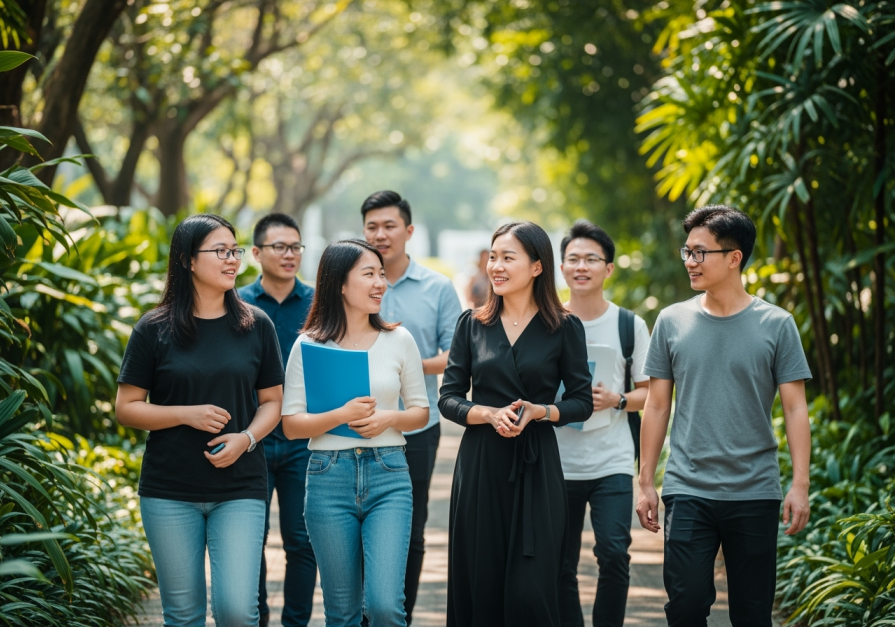Higher education institutions in Singapore are actively adapting to the new realities of the market, offering students educational programs in Chinese. Despite the traditional priority of the English language, local universities are beginning to introduce courses and specialties in Chinese, in an effort to expand the access of foreign students from China.
Today, Chinese students are a large segment of potential clients in the higher education sector, applicants from China are more interested than ever in foreign diplomas and potential cooperation with international colleagues. According to the Financial Times rankings, educational institutions in East Asia occupy a leading position in the popularity of Executive MBA programs precisely due to the high demand from Chinese youth.
Some universities, such as Nanyang Technological University, have gone further and opened special EMBA programs exclusively in Chinese, which stand out against the background of dozens of similar courses in English and attract applicants from China.
The initiative also has several "buts":
- Not everyone appreciated the expansion of the list of educational programs in Chinese, the Singapore community is divided in opinion: some teachers and students are worried that the influx of Chinese students may cause the isolation of the national group of students and blur cultural identity. Others say that in parallel with the development of Chinese-language courses, it is imperative to create analogues in Singapore's other official languages: Malay and Tamil.
- Many university teachers, although they have a basic level of Chinese, have difficulties with conducting lectures and seminars in it. This factor does not allow for the rapid development of new programs, especially in the humanities.
The management of local universities emphasizes the importance of preserving the multicultural atmosphere of campuses. For this purpose, thematic holidays and events are held annually aimed at integrating students from different backgrounds: for example, the celebration of Singapore's Independence Day, the Chinese Moon Festival and the Lunar New Year, events significant for the Islamic and Indian communities.
Preparing teachers Chinese is a bit more difficult than preserving cultural integrity, so Singaporean universities have yet to work on expanding Chinese-language programs.








